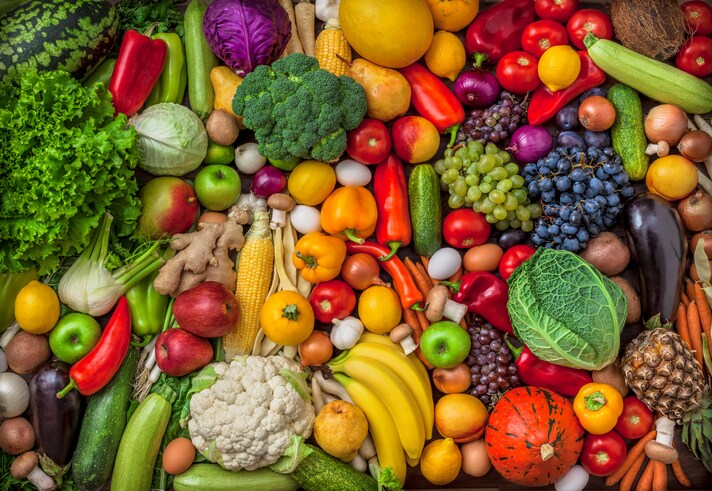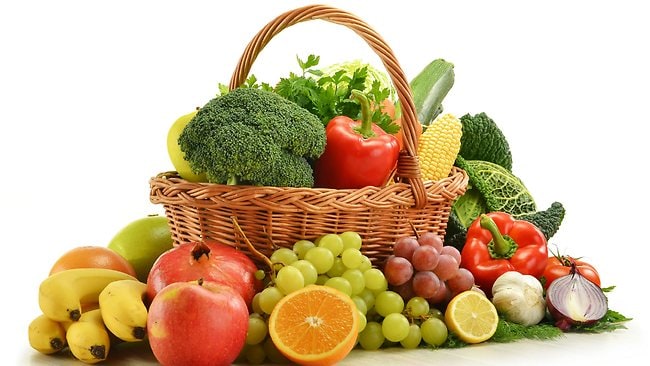BLOOD SUGAR CONTROL AND MANAGEMENT
FRUITS FOR DIABETICS

While diabetics need to manage their carbohydrate intake carefully, many fruits can be part of a healthy diet due to their fiber, vitamins, and antioxidants.
Berries
- Strawberries:
- Benefits: High in fiber, vitamin C, and antioxidants.
- Impact on Blood Sugar: Strawberries have a relatively low glycemic index (GI) and can help improve insulin sensitivity.
- Blueberries:
- Benefits: Rich in fiber, vitamins C and K, and antioxidants.
- Impact on Blood Sugar: Blueberries can help reduce the risk of heart disease and improve blood sugar control.
- Raspberries:
- Benefits: High in fiber, vitamin C, and antioxidants.
- Impact on Blood Sugar: Raspberries have a low GI and can help regulate blood sugar levels.
- Blackberries:
- Benefits: High in fiber, vitamins C and K, and antioxidants.
- Impact on Blood Sugar: Blackberries can help improve blood sugar control and reduce inflammation.
Citrus Fruits
- Oranges:
- Benefits: High in fiber, vitamin C, and folate.
- Impact on Blood Sugar: Whole oranges have a moderate GI and can help manage blood sugar levels when eaten in moderation.
- Grapefruit:
- Benefits: High in fiber, vitamins A and C, and antioxidants.
- Impact on Blood Sugar: Grapefruit has a low to moderate GI and can help improve insulin sensitivity.
Apples
- Benefits: Rich in fiber, particularly pectin, vitamins C and K, and antioxidants.
- Impact on Blood Sugar: Apples have a low to moderate GI and can help regulate blood sugar levels when eaten with the skin.
Pears
- Benefits: High in fiber, vitamins C and K, and antioxidants.
- Impact on Blood Sugar: Pears have a low GI and can help stabilize blood sugar levels.
Cherries
- Benefits: Rich in fiber, vitamin C, and antioxidants.
- Impact on Blood Sugar: Cherries have a low GI and can help reduce inflammation and improve blood sugar control.

Kiwi
- Benefits: High in fiber, vitamins C and E, and potassium.
- Impact on Blood Sugar: Kiwi has a low to moderate GI and can help regulate blood sugar levels.
Peaches
- Benefits: High in fiber, vitamins A and C, and potassium.
- Impact on Blood Sugar: Peaches have a moderate GI and can be enjoyed in moderation.
Plums
- Benefits: Rich in fiber, vitamins C and K, and antioxidants.
- Impact on Blood Sugar: Plums have a low to moderate GI and can help regulate blood sugar levels.
Tips for Including Fruits in a Diabetic Diet
- Portion Control: Be mindful of portion sizes to avoid excessive carbohydrate intake. A typical serving is about 1/2 cup of fresh fruit or one small piece of fruit.
- Choose Whole Fruits Over Juices: Whole fruits contain more fiber and are less likely to cause blood sugar spikes compared to fruit juices.
- Pair with Protein or Healthy Fats: Combining fruits with a source of protein (like nuts or yogurt) or healthy fats (like avocado) can help slow down the absorption of sugars and improve blood sugar control.
- Monitor Blood Sugar: Keep track of how different fruits affect your blood sugar levels and adjust your intake accordingly.